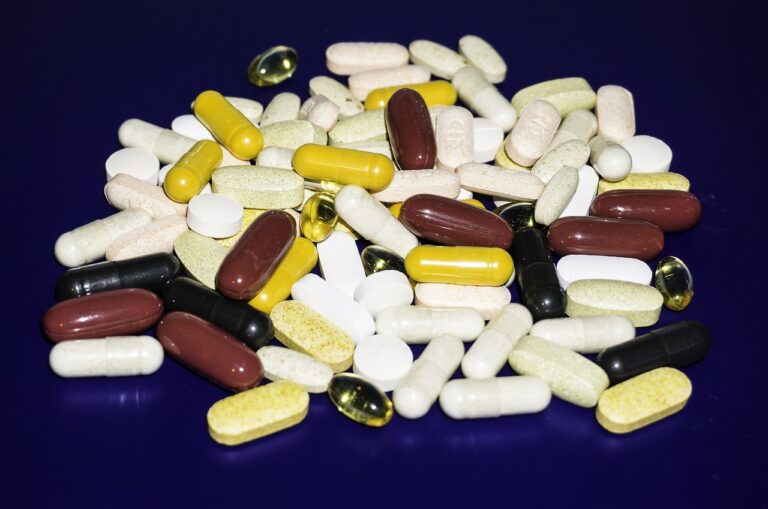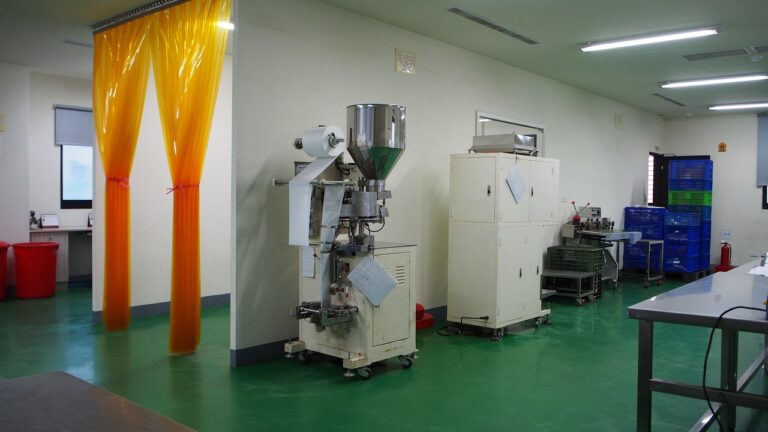Hormonal Changes During Pregnancy: Allpaanel mahadev book, Laserbook247, Bat book 247
allpaanel mahadev book, laserbook247, bat book 247: Pregnancy is a miraculous journey that brings about a myriad of changes in a woman’s body, both physically and hormonally. These hormonal changes play a crucial role in supporting the growth and development of the fetus, as well as preparing the mother’s body for childbirth. Understanding these hormonal fluctuations can help expectant mothers navigate the ups and downs of pregnancy with a sense of awareness and empowerment.
1. The Role of Hormones in Pregnancy
Hormones are chemical messengers produced by various glands in the body, such as the pituitary gland, thyroid gland, and ovaries. During pregnancy, hormonal levels experience a significant shift to support the developing baby and prepare the mother for childbirth. These hormones play a crucial role in regulating various functions in the body, such as metabolism, growth, and mood.
2. Human Chorionic Gonadotropin (hCG)
One of the first hormones to increase during pregnancy is human chorionic gonadotropin (hCG). This hormone is produced by the placenta shortly after implantation occurs and is responsible for signaling the body to continue producing progesterone, a hormone essential for maintaining the uterine lining and supporting the pregnancy.
3. Estrogen
Estrogen levels also rise significantly during pregnancy, particularly during the first trimester. This hormone plays a crucial role in fetal development, including the formation of organs, bones, and other essential tissues. Estrogen also helps regulate the production of other hormones and promotes blood flow to the uterus.
4. Progesterone
Progesterone is another key hormone that increases during pregnancy. This hormone helps maintain the uterine lining, prevents contractions that could lead to preterm labor, and supports breast development in preparation for lactation. Progesterone levels continue to rise throughout pregnancy and peak towards the end of the third trimester.
5. Relaxin
Relaxin is a hormone produced by the placenta that helps relax the uterine muscles, soften the cervix, and loosen the ligaments in the pelvis to prepare for childbirth. This hormone is essential for allowing the pelvis to expand during labor and delivery.
6. Oxytocin
Oxytocin, often referred to as the “love hormone,” plays a critical role in initiating and regulating contractions during labor. This hormone is also responsible for promoting bonding between mother and baby post-delivery and stimulating the let-down reflex during breastfeeding.
7. Prolactin
Prolactin is a hormone that supports milk production and breastfeeding. Levels of prolactin increase significantly after childbirth to signal the body to start producing milk. This hormone also plays a role in suppressing ovulation, helping to space out pregnancies.
8. Thyroid Hormones
Thyroid hormones, including thyroxine (T4) and triiodothyronine (T3), are essential for regulating metabolism, energy production, and overall growth and development. During pregnancy, thyroid hormone levels may fluctuate, and some women may develop gestational hypothyroidism, which requires monitoring and treatment to ensure a healthy pregnancy.
9. Cortisol
Cortisol is a stress hormone that also increases during pregnancy. While moderate levels of cortisol are essential for fetal development, chronic stress can lead to elevated cortisol levels, which may have negative implications for both the mother and the baby. Managing stress through relaxation techniques and self-care is crucial during pregnancy.
10. FAQs
Q: Can hormonal changes during pregnancy affect my mood?
A: Yes, hormonal fluctuations during pregnancy can impact mood and emotions, leading to mood swings, anxiety, or depression. It’s essential to communicate any concerns with your healthcare provider to receive appropriate support and guidance.
Q: Will my hormones return to normal after childbirth?
A: While hormonal levels typically return to normal within a few weeks post-delivery, it may take some time for your body to adjust fully. Breastfeeding can also impact hormone levels and may influence the timing of your menstrual cycle’s return.
Q: Are there ways to support hormonal balance during pregnancy?
A: Eating a balanced diet, staying active, getting enough rest, and managing stress are essential for supporting hormonal balance during pregnancy. Practicing self-care and seeking support when needed can also positively impact hormone levels.
In conclusion, hormonal changes during pregnancy play a vital role in supporting the developing fetus and preparing the mother for childbirth and breastfeeding. Understanding these hormonal fluctuations can help expectant mothers navigate the physical and emotional changes that come with pregnancy with a greater sense of awareness and empowerment. By staying informed and seeking support when needed, women can embrace the beauty and complexity of the hormonal journey that comes with bringing a new life into the world.







